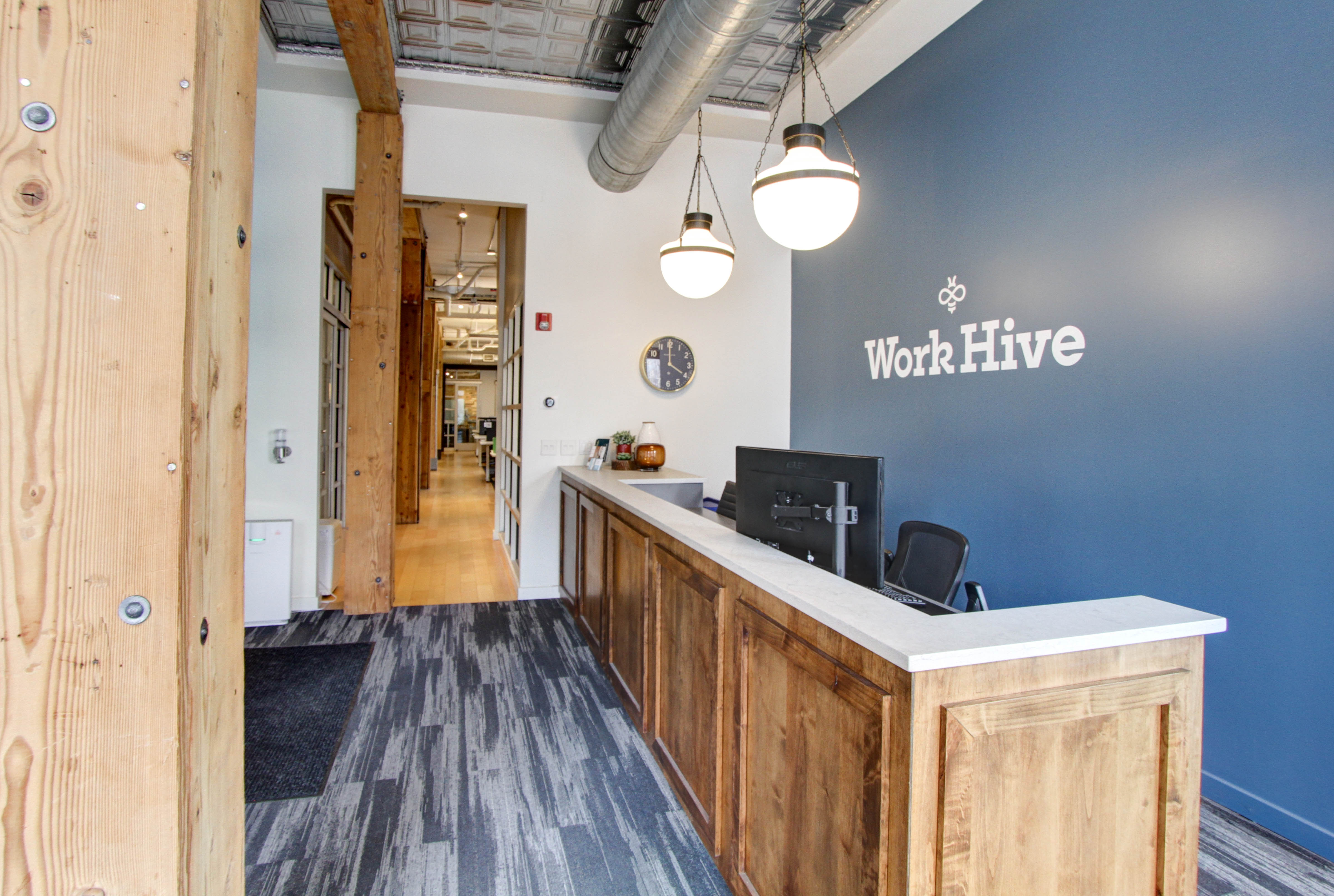How to Protect Your Workday from Email Takeover
You’re passionate about what you do. So, protect the time you spend doing what you love. Too many people let email control their workday.
Karbon HQ Magazine offers some thoughtful pro tips in their article, “10 Email Tips to Increase Productivity and Control your Inbox,” The first three of ten ideas are paraphrased below. You can read the full article here.
How to ensure email doesn’t impact your real work
1. Have a plan: what’s your ideal day?
Like most things, success with email starts with how you approach it. Email is an extremely high volume activity, so even a small change applied over hundreds and thousands of conversations will add up to a lot of time saved. You need to have a purposeful approach, checking at specific times in the day and then leaving email to focus on other things.
You should have an ideal day in mind that lays out specific tasks you want to accomplish. This will ensure you always prioritize focused work over email.
For example, when you first sit down at your desk for the day, you might be in the habit of checking email and social media before anything else. Instead, make that first step be to determine the top three things you want to accomplish for the day. Then, block out time to dedicate to these top tasks. During this time, you should close down email completely.
2. Don’t let email be a constant distraction
To deliver high-value work efficiently and effectively, you need to be able to spend some dedicated time focusing on it, and nothing else. This requires turning off notifications, including ignoring email, so you can achieve a state of deep work.
3. Dedicated time to complete email
Of course, email is essential for communication and collaboration. So you can’t completely ignore it. A proven way to use email effectively is by allocating specific blocks of time to focus your attention on it. A best practice approach is to take three or four 20-minute blocks each day to work through your inbox.
...

There are several productivity tips that can change the way you work by making email more efficient and practical. But, we won't cover them all at once. Take some time this week to reevaluate the way you email and try out one of these tips. Then, check out our upcoming blog posts for a continued series on mastering emails.
Email Etiquette, Part 2: Divide And Conquer
Has anyone ever sent you an email with a laundry list of questions for you to answer, perhaps even of all different subject matters?
The motive to do so is often innocent in the sense that the sender may think they are saving time by sending every question they have for the recipient all at once instead of sending six separate messages.
This actually might not be the most efficient way to fulfill your needs.
When presented with too many different options, people often do not make a choice at all. In this way, none of your questions will be answered.
This method backfires because a list of questions psychologically suggests to the recipient that they ought not to respond until they have enough time to answer every question at once, which takes up more of their time and brainpower. As such, they will take longer to respond, if they choose to respond at all, and the possibility that they are disgruntled in the process increases.
What's more, the recipient does not know if any of the questions on the list are more important to answer than others, even if you wrote them in a "particular order".
Sending one message per question can be more effective even though it fills up the recipients inbox with more emails.
The reason being is that it forces you to be concise with your individual questions (see last post), offers the opportunity to send the questions in order of importance or urgency, and shows that you value your recipient's time by sending short messages and allowing them to send short replies.
Frankie Rain also argues that this allows you to customize and personalize the subject line based on the specific question or your relationship with the recipient instead of writing "A few questions for you" for them to not get excited about.
Email Etiquette, Part 1: Brevity Is Power
Have you ever received an email from a colleague that was so much longer than it needed to be?
Have you ever received an email with way too many questions for you?
Everyone is guilty of it at some point. It is part of the learning curve in the professional landscape. Think about it: when was the first time that emails became important to send? Probably college when you anxiously emailed a professor about getting into their class or emailing them to set up a meeting and talk about your bombed midterm.
College can be the first time that emails have any consequences attached to them, and emails sent in college are the first exposure to the emails that one will subsequently have to send to future employers. Cue the stress response. Remember that first time?
Do you think a college professor really has any time to read your long email and respond with a novel in kind?
Frankie Rain, author of Zero Inbox, a guidebook on how to manage overloaded mailboxes, calls everyone out on the trend of lengthy emails when she states:
"Do you know who writes long emails? Often, its people with nothing better to do —a long email is a dead giveaway that the sender had a lot of extra time and emotional investment in the subject matter of the email, the person they’re sending the email to, or both."
Furthermore, she says:
"Do you know who writes short emails? Here’s a brief list: people who are extremely busy and don’t have the time to write out a long reply. Also, people who have carved out about 15 seconds of their valuable time to respond to an email, who you can almost guarantee will never think of a particular email again after they have sent their response."
Now think about that long email you sent in college to a professor begging him/her to let you take their class. You had an emotional investment in it because it likely had to do with your graduation requirements and so you wrote more than you should have.
The cure to overwriting? THINK BEFORE YOU WRITE. Taylor, Work Hive's Community Manager, always advises to ask yourself "What is the intention of X?"
What is the point, and how does it serve your needs?
So what is the real point of your long email? What do you actually want to ask or say?
Write that down. Compose a draft. Edit. If it is an important email, put your own time into making sure it is concise and clear.



